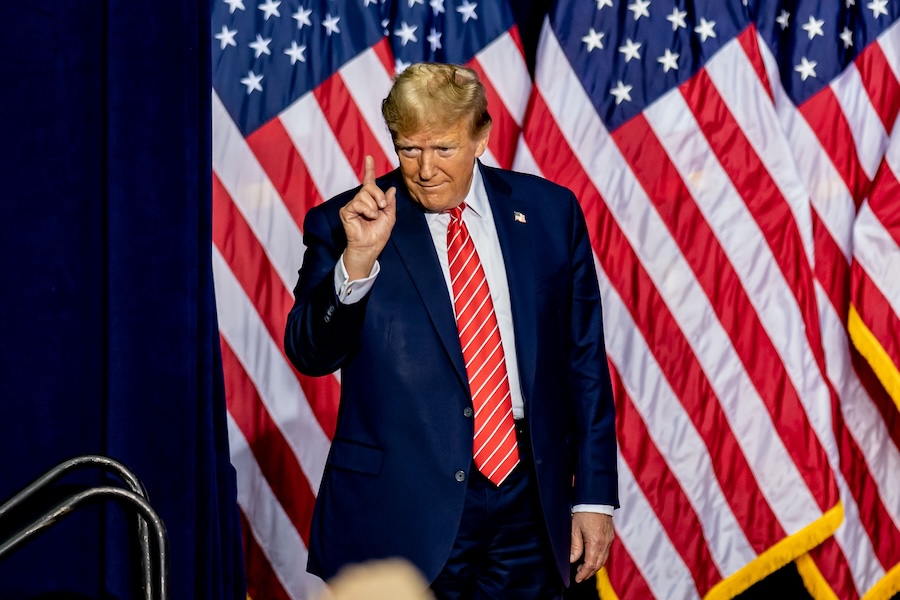Politics
JUST IN: New Economic Report Vindicates Trump On Tariffs: ‘Overblown’

Economists are now stating that recession fears are “overblown” after several major economic indicators for April did not show recessionary or inflationary conditions. The report comes after a month of panic from Democrats and mainstream media outlets over tariff uncertainty, which caused a massive stock market sell off in early April that has since been erased by sustained market gains.
New data released Thursday showed steady retail sales data, with modest gains in food services and declines on automobiles, gasoline and clothing. All in all, retail sales increased five percent in both March and April when compared with a year ago, according to data released by the U.S. Census Bureau.
U.S. wholesale prices also declined by 0.5 percent in April, marking the largest decline in five years. The steep drop comes despite weeks of doomsday predictions from some economists over Trump’s sweeping tariffs on foreign imports, which they projected would send wholesale prices skyrocketing.
Services prices fell 0.7 percent, the biggest drop in government records going back to 2009. Wholesale food prices dipped one percent, while egg prices dropped by an astonishing 39 percent as the nation’s egg-laying hen stock continues to recover after a massive purge over bird flu concerns earlier this year.
More than 30 million hens have been culled over bird flu concerns across nine states so far this year.
Retail sales rose by 0.1 percent in April, after a massive spending surge that was even stronger than initially reported, according to an analysis from Axios’ Courtenay Brown. Retail sales rose by 1.7 percent in March, revised up by .02 percent, which represented the biggest gain in two years.
“The Producer Price Index, a gauge of wholesale prices, showed little sign of tariff-related price pressures that businesses have warned about,” Brown noted. PPI fell by 0.5 percent in April after remaining flat in March, another positive inflation report that follows promising data from the index’s consumer counterpart released Tuesday.
Year-over-year inflation fell to 2.3 percent in April, falling short of the 2.4 percent expected by economists, which was also lower than the March rate. A significant decline in average gasoline price-per-gallon across the country was a driving factor, according to economists who spoke with the Wall Street Journal.
All in all, the 2.3 percent rate of inflation is the lowest since February of 2021.
The positive economic indicators come just days after President Trump announced that the U.S. and China had come to a preliminary trade agreement after weeks of uncertainty. Trump slashed tariffs on Chinese imports to 30 percent, well down from the hefty 145 percent rate that was initially in place.
China responded by lowering their own rate on U.S. imports to 10 percent, down from 125 percent.

